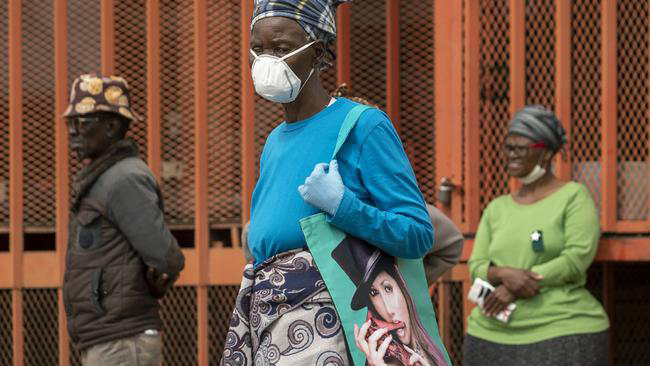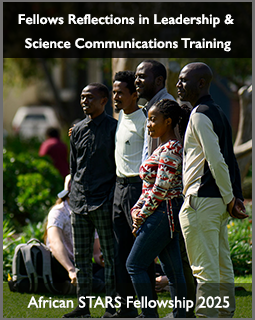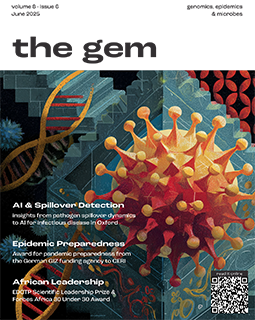African countries unprepared to respond to coronavirus outbreak
By Mphathi Nxumalo, Daily News, Mar 31, 2020

Dr Richard Lessells, an infectious disease specialist at the University of KwaZulu-Natal, said the coronavirus had been compared to four influenza epidemics in history that killed many people. Lessells said the 'Spanish flu' of 1918-1920 had killed the most, with about 50million people around the world dying from about 500million infections.
He also pointed to the Asian flu of 1956-1958 that killed between 1 and 2million people.
Ten years later the Hong Kong flu of 1968-1969 killed about 1million people, while the swine flu of 2009 killed up to 575000 people.
'The pandemic of Covid-19 is the third epidemic caused by a coronavirus. The first was the severe acute respiratory syndrome (Sars) epidemic in 2002-2003, which began in southern China, affected 8098 people in 17 countries and caused 774 deaths (case fatality rate 10%). The Middle East Respiratory Syndrome (Mers) epidemic began in Saudi Arabia in 2012 and so far has affected 2519 people in 27 countries and caused 866 deaths (case fatality rate 34%),' Lessells said.
He said although the coronavirus was less deadly than Sars or Mers, it was able to spread easier and this was why it was prevalent in so many countries. Lessells pointed to developments since the previous pandemics hit.
'We are much better prepared now for a respiratory virus pandemic than we have ever been. We have learnt from other epidemics what the most important measures are in the public health response - that is why the World Health Organisation keeps stressing the need for a comprehensive response that involves identifying cases, isolating them, quarantining and following up their close contacts, and taking measures to keep people apart and break transmission chains in the community (social distancing)'.
'This approach is all based on evidence of what works from previous respiratory virus epidemics. Also, our scientific capacity is much stronger - this has been highlighted by the fact that within a few days of the first reported Covid-19 case, we knew the full genetic sequence of the virus responsible and research groups around the world could get to work on developing vaccines. Although people think 18 months to develop a vaccine is a long time, this will be much shorter than the usual time scale of five to 15 years,' he said.
Lessels said there were multiple clinical trials investigating treatments, and one had been completed a few weeks ago.
'Having said that, globally we are well prepared to deal with a pandemic. African countries are among the least prepared to deal with a respiratory virus pandemic. Even South Africa, the most prepared country on the continent, has significant gaps in its ability to respond to a pandemic,' Lessells said.

News date: 2020-03-31
Links:
http://www.krisp.org.za/manuscripts/DailyNews31March2020.pdf










